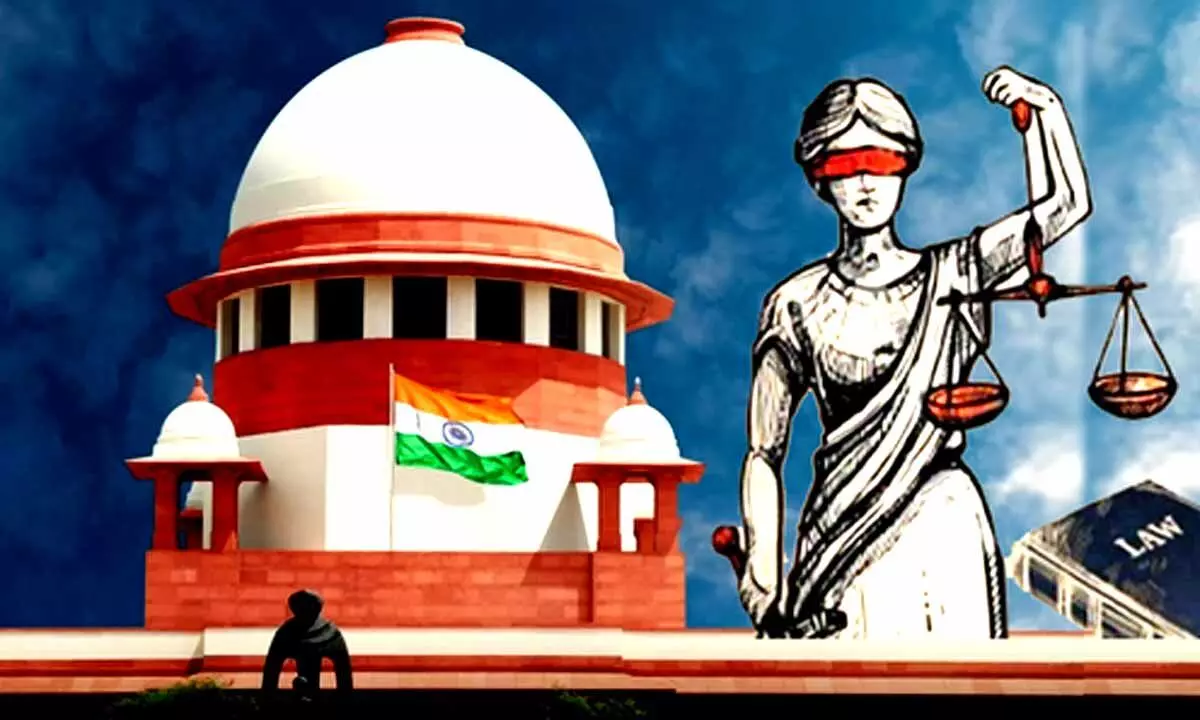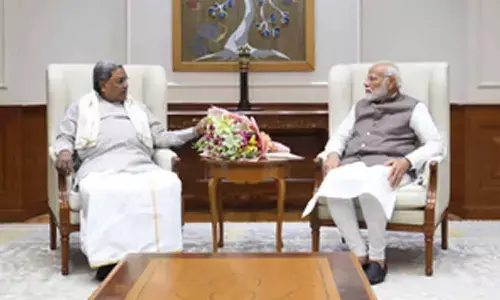Codavas elated over apex court observation, hail it as landmark

Supreme Court of India
The Supreme Court’s acknowledgment of Codava Homeland’s historical significance and self-reliance until 1956, as well as its comparison with other Part ‘C’ States, underscores the urgency for justice and recognition of Codava aspirations.
Madikeri: The Supreme Court’s acknowledgment of Codava Homeland’s historical significance and self-reliance until 1956, as well as its comparison with other Part ‘C’ States, underscores the urgency for justice and recognition of Codava aspirations.
Led by Chief Justice D.Y. Chandrachud, the bench’s observation in the context of the abrogation of Article 370 in Jammu and Kashmir holds significant legal weight, says Codava National Council chief NU Nachappa.
Speaking to Hans India Nachappa said that the Supreme Court’s recent acknowledgment of Codava Homeland’s historical significance has sparked national attention. Led by Chief Justice D.Y. Chandrachud, the bench highlighted Codava Homeland’s past glory and self-sufficiency, particularly in comparison to other Part ‘C’ States.
This observation, found in the Union Territories of Indian Union document, underscores the profound impact of Codava aspirations in the modern legal landscape.
“The recent Supreme Court ruling on the abrogation of Article 370 in Jammu & Kashmir shed light on Codava Homeland’s past economic viability and self-sustainability.
This legal testament resonates deeply with Codava aspirations for geopolitical autonomy, echoing the sentiments of historical figures like Sardar Vallabhbhai Patel and Chakravarthi Raj Gopalachari, who recognised and admired Codava independence.” Nachappa said.
Drawing parallels between Kashmir and Codava Homeland, both revered as paradises on earth, emphasises the shared struggles of indigenous communities against oppressive regimes.
Historical injustices faced by Codavas, including persecution under alien rulers like the Keladhi, Paaleri Rajas, and Tipu Sultan, mirror the challenges endured by Kashmiris throughout history.
Despite being indigenous to their respective regions, both Kashmiri Pandits and Codavas have faced marginalisation and persecution.
The demographic shift orchestrated by ruling powers has eroded their cultural identities, leading to large-scale exodus and loss of ancestral lands, which opens up the debate at the national level he said.
The observation made by the apex court reflects the need for the retention of Codava Homeland’s
independence, which was also advocated by Sardar Vallabh Bhai Patel was regrettably overlooked, resulting in its merger with larger states. Similarly, the mishandling of Kashmir’s accession process tarnished the legacy of Patel’s vision for national integration, Nachappa
added.








